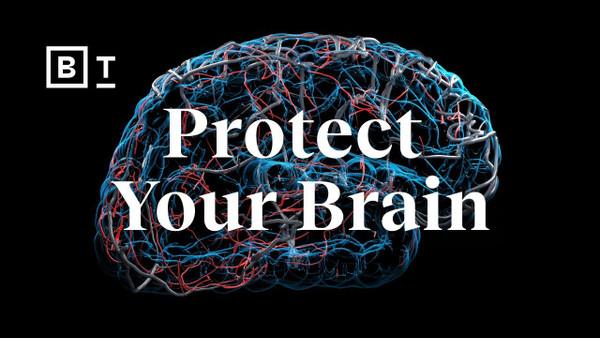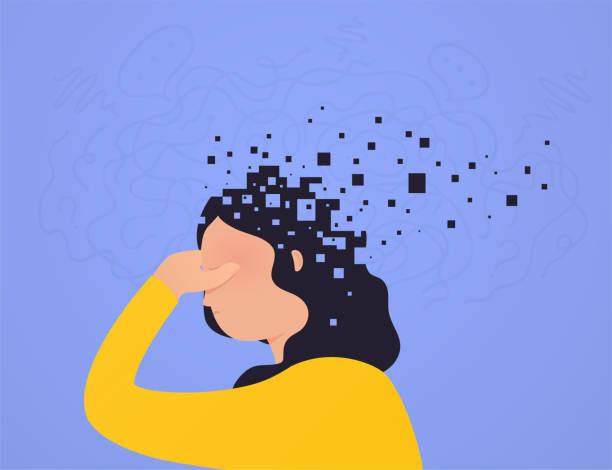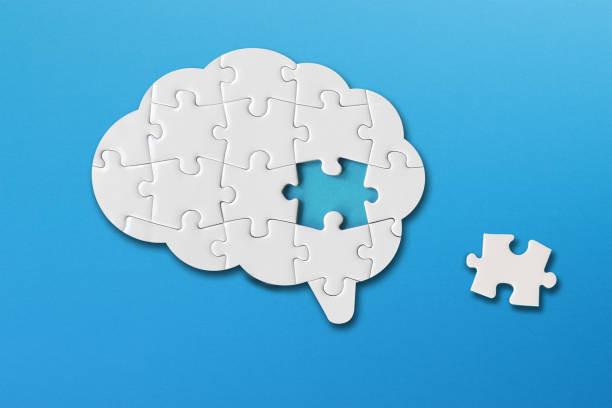Explore the World's Best Ideas
Join today and uncover 100+ curated journeys from 50+ topics. Unlock access to our mobile app with extensive features.
Forgetfulness is normal
People think that memory is supposed to be perfect. However, our brains are not designed to remember everything.
People over the age of 50 often think all kinds of forgetting mean they have Alzheimer's. They're always forgetting names, and if they don't write down what they have to do later, they won't remember to do it. However, this is normal for all people.
20
301 reads
How Alzheimer's start
Alzheimer's starts with a sticky protein called 'amyloid beta.' It will bind to itself and form 'amyloid plaques.' If you have enough amyloid plaques accumulated in your brain, it will reach a tipping point at some stage that causes neurofibrillary tangles, neuroinflammation, cell death, and other symptoms we classically know as Alzheimer's.
Before that tipping point, you're symptom-free. After the tipping point, the glitches in memory formation and retrieval are different.
23
295 reads
Alzheimer symptoms
Alzheimer's starts in your hippocampus, the place responsible for forming new memories.
So, the very first symptoms of Alzheimer's will be not remembering what someone said a few minutes ago, repeating yourself over and over because you don't remember what you just said, not remembering what happened last week, even if it was meaningful. Things you would normally remember from last week won't get consolidated.
21
267 reads
Alzheimer's doesn't just stay in your hippocampus
It will invade your frontal lobe, so you'll have problems with problem-solving and decision-making. It will invade parts of your brain that have to do with where things are in space, so you might get lost in your neighbourhood.
It will invade the parts of your brain that have to do with language so that you will have trouble to find the right words more and more.
The disease will then move on to your limbic system and cause changes in emotion and personality.
21
236 reads
The good news
The accumulation of amyloid plaques takes 15 to 20 years and can be influenced by how we live.
Things that influence the amyloid plaque levels.
- Sleep. While you sleep, the glial cells in your brain clear away all the metabolic debris and amyloid beta accumulated in your brain while you were awake.
- Diet. A Mediterranean diet can reduce your risk of Alzheimer's by almost half.
- Exercise. A brisk walk for 30 minutes, four to five times a week, is enough to decrease your amyloid plaque levels.
- Chronic stress will increase your risk of developing Alzheimer's.
- Learning something new.
26
259 reads
Learning something new
Every time you learn something new, you build new synapses, neural connections, and a 'cognitive reserve.'
If someone with Alzheimer's built a lot of redundant connections, they can dance around those roadblocks and still get to the memory they need.
So, learning new things gives a way to build an Alzheimer-resistant brain.
24
258 reads
IDEAS CURATED BY
Denise Fox's ideas are part of this journey:
Learn more about videos with this collection
Navigating and enjoying the thrill of horror and scare experiences
Historical knowledge of Halloween and its origins
Understanding and appreciating Halloween traditions worldwide
Related collections
Similar ideas
4 ideas
Read & Learn
20x Faster
without
deepstash
with
deepstash
with
deepstash
Personalized microlearning
—
100+ Learning Journeys
—
Access to 200,000+ ideas
—
Access to the mobile app
—
Unlimited idea saving
—
—
Unlimited history
—
—
Unlimited listening to ideas
—
—
Downloading & offline access
—
—
Supercharge your mind with one idea per day
Enter your email and spend 1 minute every day to learn something new.
I agree to receive email updates



